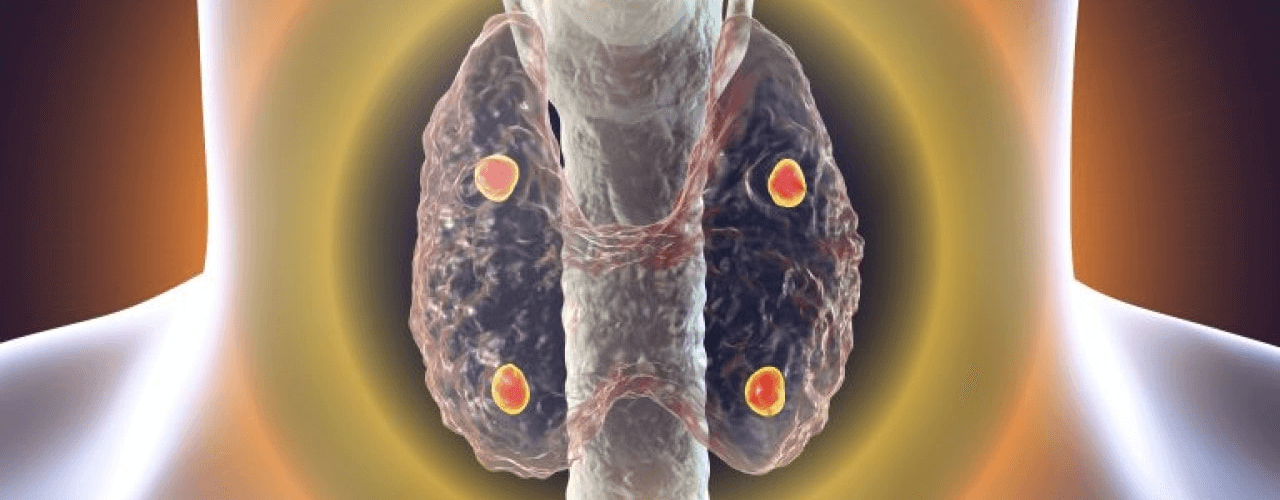What Do the Parathyroid Glands Do for Your Body?
You might have some idea of where your thyroid gland is and what it does, but did you know that there are four smaller glands that sit nearby? These are the parathyroid glands and they have an important role to play in your metabolism.
What Are the Parathyroid Glands?
The parathyroid glands are endocrine glands, which means that they produce hormones. Hormones are chemical messengers that are released into your bloodstream. They travel around your body in order to control specific processes in different tissues.
We have four parathyroid glands, each about the size of a grain of rice or a small pea. The parathyroid glands are usually positioned just behind the thyroid gland, at the front of your neck. However, about 10% of us have parathyroid glands that are positioned a little bit differently as they can sometimes move into a different part of the throat or chest during development in the womb.
The parathyroid glands produce a hormone known as parathyroid hormone or PTH. PTH is responsible for maintaining the correct level of calcium in our blood.
Effects of Parathyroid Hormone (PTH)
The parathyroid hormone that is produced in the parathyroid glands will be released into your blood in a controlled way. It then travels around your body in order to control the way that calcium is being used. It is important for the right amount of PTH to be released in order to keep your calcium levels stable.
The parathyroid glands release more PTH when your calcium levels are low. The PTH then helps to bring them back up to normal by:
- Making it easier for your body to absorb calcium from your food by activating vitamin D, which can help with this process
- Causing calcium to be released from the stores in your bones so that it can be used elsewhere
- Reducing the amount of calcium that is filtered out from the blood as it passes through your kidneys, so that it isn’t lost in the urine
If your calcium levels get too high then the parathyroid glands will stop releasing PTH. Without this hormone, you won’t absorb as much calcium, it will remain stored in your bones, and more of it will pass out of your body in urine.
Why Are the Parathyroid Glands Important?
The parathyroid glands have a big impact on our health because of their role in managing calcium. Maintaining the correct level of calcium in your blood is important as it plays an essential role in many different parts of our bodies. Most of us know that calcium is needed to build strong bones and teeth, but it also helps with muscle contractions, the nervous system, and blood clotting among other functions.
If the level of calcium in our blood gets too high it can cause symptoms such as stomach pain, fatigue, thirst, and nausea. The strength of our bones and teeth could also be affected if they lose too much calcium into the bloodstream. If our calcium levels fall too low we can experience muscle cramps, tingling, heart arrhythmia, or seizures.
Problems with our calcium levels can occur for various reasons, including nutritional deficiencies and parathyroid gland conditions. If you’re experiencing symptoms that might be connected to these glands then you may need to see an ENT doctor to find out what’s wrong.
Parathyroid Gland Problems
Problems can occur if your parathyroid glands produce too much PTH or not enough.
If you are making too much PTH then it can increase your calcium levels too much, which can make you feel unwell and over time it can weaken your bones by causing them to lose too much calcium. This is usually due to primary hyperparathyroidism, but your ENT doctor may need to run some tests to rule out other possible causes of high calcium levels. Sometimes it is enough to monitor your condition, but in some cases the ENT doctor may recommend having the overactive parathyroid glands removed.
If you aren’t making enough PTH then your calcium levels can drop too low. This is known as hypoparathyroidism and it most often happens after neck surgery near the glands. It is usually possible to treat this by taking calcium or vitamin D supplements.











